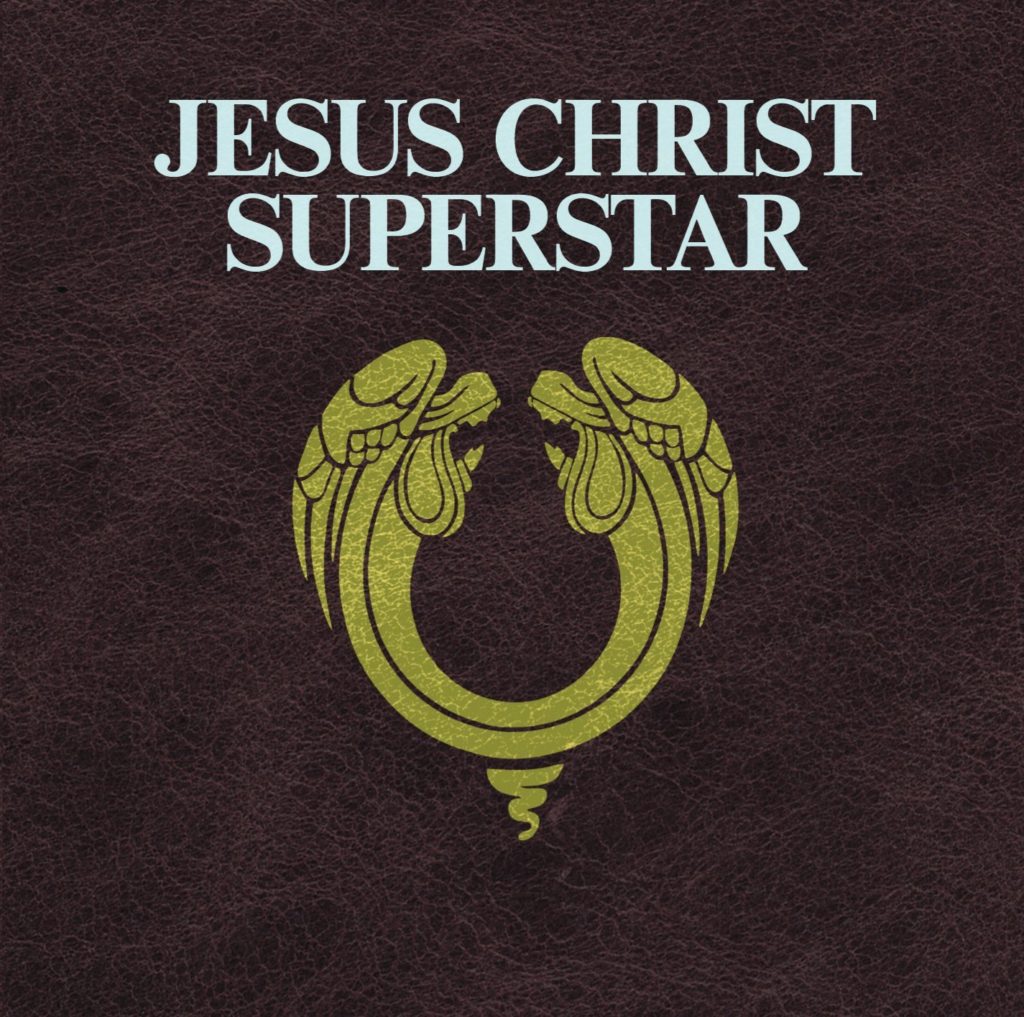Live from Brooklyn … It’s ‘Jesus Christ Superstar’
By • April 2, 2018 0 703

Your take on NBC’s eminently watchable live concert version of “Jesus Christ Superstar,” the first truly major hit by the duo of composer Andrew Lloyd Webber and lyricist Tim Rice, on Easter Sunday, April 1, depended largely on where you were sitting, literally and emotionally, not to mention time- and age-wise.
We watched it in the comfort of home, the volume turned up a little to catch those wailing electric guitar riffs and John Legend hitting the high notes, which carried with them the whiff of the 1970s, when “Superstar” made its American and world debut to startling effect.
The nostalgic effects are still present — especially when Alice Cooper, an icon of his own imagination, appeared in studied pose and classic costume and makeup as King Herod (as in “Walk across my swimming pool”), drawing crazed applause from an audience that surely doesn’t remember him, in another take on pop redemption and resurrection.
This production, one in a series (“Grease,” “The Sound of Music,” “Hairspray”), brings the live, the here and now as part of the equation.
While hipsters, hippies of yore, tweeners and whatnots can and should enjoy the proceedings, the freshness is directed at the audience, a strong and animated young crowd at the Marcy Avenue Armory in Brooklyn. These folks were in it. They were at a concert as well as a show.
They whistled and bellowed when pop star Sara Bareilles started to sing “I Don’t Know How to Love Him,” one of the most remembered and, admit it, memorable songs in the production. Bareilles, not so long ago a boon companion on the road to superstar Taylor Swift, approached the song in a steadfastly loyal way. She got it right without going into too many emotional highs and lows, an approach which, while it doesn’t make you swoon, keeps the song on message.
This audience yelled when the vocally affecting Legend as Jesus himself showed off his upper range in “Gethsemane,” when a roaring trio of guitars did their thing, when the powerful Brandon Victor Dixon as Judas blasted the title song out into Brooklyn and beyond. This seemed not only correct but awfully familiar, given that “Jesus Christ Superstar” is, among other things, a kind of loud and wailing meditation on the uses, misuses and dangers of celebrity and fame.
That, needless to say, in a fame-and-celebrity-happy culture, sounds just about right as theme music and sound. The live audience (as opposed to the merely living one in television land) got it, and got into it. You expected someone to run onto the stage and pose for a selfie.
Back in 1970, with a concept album version, and then with a Broadway show and a movie starring Ted Neeley, Webber and Rice hit the mother lode of their lives and careers. “Evita” and “Cats” soon followed, not to mention “Phantom of the Opera.”
“Jesus” is in fact sharp and intelligent, and still controversial as well as fresh because it’s a dramatic, theological, cultural and musical debate between Jesus and Judas. It is, in fact, told from the point of view of the anguished Judas, who questions the motives and purpose of Jesus. Is he a prophet, a god or a king? Often called a king by the scheming high priests, the Romans, the apostles and Judas, Jesus repeatedly denies it: “You say that, not me.”
If Judas and Jesus are fully engaged in debate and conflict, Jesus himself, theologically, is engaged in combat with himself. “Let me see it,” he sings once, meaning the face of death, which is the object of the exercise. He can’t understand humans until he becomes one himself.
Theology aside, the choice of Legend as Jesus is iffy at times. He doesn’t have the acting chops or the stage presence, being physically slight. But when he sings — and that’s the first requirement of the part — he soars to skyscraper size. His vocal range becomes an acting tool.
Dixon, on the other hand, inhabits to the breaking point the part of Judas. He’s already torn to pieces before he even takes the silver, and hangs himself in a powerful stage effect. Even more powerful is the crucifixion, which is a kind of understandable magic.
Looking back, “Jesus Christ Superstar” is a surprisingly serious work, especially when compared to “Godspell,” the feel-good choice of that era, in which Jesus wears Superman vestments and heads a band of what appear to be out-of-work actors or circus performers. “Godspell” goes down easy. “Jesus Christ Superstar” goes down hard and leaves behind a residue that stays with you.

